How do to Apply for Heat Pump Grants in the UK: Step-by-Step Guide
Heat pumps (air-source or ground-source) are an efficient, low-carbon alternative to gas or oil boilers. The UK government and devolved administrations offer grants to help cover the cost of installing them. This guide walks you through the steps to find and apply for the right heat pump grant in your area. We’ll cover eligibility checks, regional schemes (England, Wales, Scotland, Northern Ireland), grant amounts, how to apply, and tips to maximise your support.
Step 1: Check Your Home’s Eligibility
Before applying, make sure your home qualifies:
- Property ownership: You must own the property (homeowner or private landlord) . This includes second homes or rentals you own.
- Existing heating: You’ll need to be replacing a fossil-fuel heating system (gas, oil, LPG) or an electric storage system . Heat pump grants generally aren’t for brand-new gas boiler installs or for replacing existing low-carbon systems.
- EPC (Energy Performance Certificate): Most schemes require a valid EPC for your home . If you don’t have one, get an EPC from a qualified assessor (this typically costs around £60–£100). The EPC shows your home’s energy rating and recommended measures; schemes often use it to check your insulation and heating needs.
- Insulation and efficiency: A well-insulated home makes a bigger saving from a heat pump. Loft insulation (to at least 300mm), cavity wall insulation, and double-glazing are highly recommended. Some grants (like Scotland’s HES) allow you to bundle insulation measures. Improving insulation first can boost your grant and ensure the heat pump works efficiently.
- Replace 100% of heating (Scotland): In Scotland, only heat pumps that cover all your heating and hot water qualify. Hybrid systems (partial heat pump + boiler) are not eligible . (Other regions may allow hybrids, but the grant usually only applies to the heat pump portion.)
If you’re unsure about suitability, talk to an MCS-certified installer. They can advise if a heat pump is right for your house . MCS (Microgeneration Certification Scheme) accreditation is required for most grants. An installer can also help identify necessary insulation upgrades to improve your home’s EPC rating.
Step 2: Identify the Right Grant Scheme (by Nation)
Different parts of the UK have different schemes. The table below summarises the main grants for heat pumps by region, with key points on amounts, eligibility and how to apply:
| Region | Scheme | Support | Who & How to Apply |
| England & Wales | Boiler Upgrade Scheme (BUS) | Up to £7,500 towards an air-source or ground-source heat pump . (Also £5,000 for biomass boilers in off-gas, rural homes.) | Owner-occupiers or private landlords replacing a fossil-fuel/electric system . Home must have a valid EPC . Apply via an MCS-certified installer – they will deduct the £7.5k grant from your invoice and submit the application on your behalf . One grant per property. Open until December 2027 . |
| Wales (low-income) | Nest (Warm Homes Wales) | Free home energy improvements (insulation, boiler repair, solar panels and heat pump) for eligible households. | Low-income or fuel-poor homeowners and tenants (including private tenants if landlord consents) can get free upgrades . If Nest approves you, they cover 100% of the work (you pay nothing). To apply, call Nest’s free helpline (0808 808 2244) or use their website to request a callback . Nest will assess your needs and, if a heat pump is recommended, install it at no cost. |
| Scotland | Home Energy Scotland (HES) – Grants & Loans | Grant up to £7,500 per heat pump (ASHP, GSHP or water-source) . Plus an optional interest-free loan up to £7,500 if needed. Rural home uplift: extra £1,500 for grants . | Owner-occupiers only (must live in and own the home) . No benefit requirement. First contact HES for advice: call 0808 808 2282 (Mon–Sat) . They’ll confirm if you qualify and refer you to the online portal. You then upload quotes, an EPC/recommendation report, and apply. HES allocates funding on a first-come basis, so apply early. (Funding offers are valid for 9 months .) |
| Northern Ireland | Affordable Warmth Scheme (NIHE) | Up to £7,500 total towards home efficiency upgrades (includes insulation, new boiler, etc.) . (Can reach £10,000 for solid-wall homes.) | Low-income or vulnerable households (owners or council tenants; private tenants can apply if their landlord agrees and pays 50% of costs ). Support is means-tested and aimed at fuel poverty. For heating, it generally funds a new high-efficiency boiler or system (gas/oil/Economy 7), though not typically heat pumps yet. To apply, contact the NI Energy Advice Service (NIEAS) on 0800 111 4455 or email NIenergyadvice@nihe.gov.uk . They send an application form to you, and a technical officer will later survey your home. |
| Northern Ireland | NISEP “Green Heat NI” | Fully-funded ASHP (with insulation) | The NI Sustainable Energy Programme (NISEP) has a special Green Heat NI scheme (2024/25) offering a limited number of free air-source heat pumps plus insulation for income-qualified off-gas households . Households must meet an income cap and have no gas supply. To apply, download the NISEP scheme list and contact the scheme manager (e.g. RefreshNI for Green Heat) . This is competitive and limited, so enquire early. |
Tips on the table: England and Wales share the central Boiler Upgrade Scheme . In Wales, eligible low-income homes could instead use Nest for free improvements. Scotland’s HES scheme actually combines grant and loan funding. Northern Ireland currently has no national grant specifically for heat pumps except the pilot NISEP scheme, but its Affordable Warmth scheme may cover traditional heating or insulation.
Step 3: Find and Consult a Certified Installer
Once you know which scheme you’ll use, get quotes from approved installers. Key points:
- MCS certification: Your installer must be MCS-certified (this ensures quality). GOV.UK explicitly states BUS installers must be MCS accredited . Use the official MCS directory or reputable listings to find qualified heat-pump installers near you.
- Multiple quotes: Get at least 2–3 quotes. Make sure each quote includes the heat pump type, capacity, and any recommended insulation work.
- Check system specs: Confirm the heat pump meets the scheme’s standards (e.g. efficiency ratings). The installer should know the scheme rules (for example, BUS requires the pump to meet minimum Seasonal Coefficient of Performance).
- Installer guidance: A good installer will guide you through the grant application. For the Boiler Upgrade Scheme, your chosen installer handles the Ofgem application for you . In Scotland, an HES advisor will tell you what reports are needed. In short, let the professional steer the paperwork, but stay informed of costs and requirements.
Step 4: Apply Through the Scheme
Each scheme has its own application process. Here’s how it usually works:
- England & Wales (Boiler Upgrade Scheme): After you agree on a quote, your MCS installer submits the application on your behalf through Ofgem’s portal . You (the homeowner) will then receive an email from Ofgem to consent and check the details. The installer must apply before or within 120 days after installation , and will deduct the £7,500 grant from your final bill. You don’t apply directly – the installer does it for you.
- Scotland (HES Grant & Loan): First you must have been referred by a Home Energy Scotland advisor. They’ll email you a link to the HES portal. You then register, agree to terms, and fill in the form. You’ll attach your EPC/recommendation report and the detailed quotes. After submission, HES aims to process applications within ~10 working days . If approved, you’ll sign a grant agreement (within 14 days ) and then you have 9 months to complete work.
- Wales (Nest): Call Nest (0808 808 2244) or apply online via Nest.gov.wales . Nest will ask about your household income and home. If eligible, they’ll send an assessor to survey your home. After that, Nest arranges and pays for the recommended package of measures. In effect, Nest does the grant work for you. You just need to sign consent and let contractors in. Nest may request an EPC or survey report first, but the service is free to you.
- NI (Affordable Warmth): Call the Northern Ireland Energy Advice Service (0800 111 4455) . They will do a preliminary check and send you the Affordable Warmth application form. You fill in your income and tenancy details, and send proof of ownership/tenancy and income. Once they have a complete form, the Housing Exec will notify you by post and arrange a technical survey . You do not hire the installer upfront – the scheme assigns the approved work. If you want, you can get multiple cost estimates to show the scheme’s Grants Office that you’ve shopped around. The Affordable Warmth grant is usually paid after the work is inspected.
- NI (NISEP Green Heat NI): Visit nict.org/nisp or download the current NISEP scheme list. Find the “Green Heat NI” entry and contact the named scheme manager (e.g. RefreshNI). You’ll need to supply your income details and property information to that manager. If selected, they’ll guide you through the installation of the heat pump and insulation under NISEP funding .
Step 5: After Approval – Installation and Claiming
Once your application is approved and any agreements signed:
- Schedule installation: Work with your installer to carry out the installation in the agreed order (some schemes require insulation first). Make sure the installer follows all building regulations and obtains an MCS certificate for the heat pump.
- Completion deadlines: Most schemes set a deadline. For example, HES funding offers are valid for 9 months , and you must complete all work and submit a final claim within that time. In NI’s Affordable Warmth Scheme, you’re normally expected to finish within ~3 months of approval or risk losing the grant. Check any deadline in your approval letter.
- Post-installation checks: After installation, you’ll usually need a post-installation EPC (at least in Scotland and for some grants) to prove the new system meets standards.
- Grant disbursement:
- For the Boiler Upgrade Scheme, the installer redeems the Ofgem voucher after commissioning and gets paid by Ofgem. You simply pay the reduced invoice.
- In Scotland, HES lets you submit claims per measure as work is completed . In practice, the grant is paid to you (or your installer) to reimburse the costs once each stage is finished.
- In Wales, Nest arranges payment directly with the contractors, so you receive no bills for the covered work.
- In Northern Ireland, Affordable Warmth grant funds are paid by the Housing Exec directly to your contractor (you shouldn’t be asked to pay for the agreed measures).
Keep all paperwork and invoices. Some schemes (like HES) will ask for proof you’ve paid the installer before releasing each part of the grant. Others (like AWS) will inspect the finished work. Stay in contact with the scheme administrator until everything is signed off.
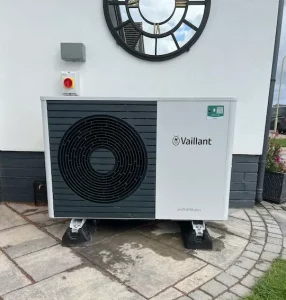
Tips for Maximising Your Support
- Combine grants and loans (Scotland): If you need more funding than the £7,500 grant, consider taking the interest-free loan (also up to £7,500). You’ll repay it in affordable monthly instalments, but it can allow additional measures (like insulation) to be included.
- Do insulation first: A well-insulated home not only makes the heat pump more effective, it may also qualify you for more funding. In Scotland’s scheme you can bundle insulation grants. In NI’s schemes, insulation is a priority measure before heating.
- Multiple sources: You can use multiple grants as long as they aren’t for the same work. For example, getting ECO or local insulation grants does not disqualify you from a BUS heat pump grant . (GOV.UK confirms you can still apply for BUS even if you’ve had separate funding for insulation or doors .)
- Private tenants: If you rent, you can still benefit. In England/Wales’s BUS, tenants cannot apply themselves – the owner must apply, so talk to your landlord. In NI’s Affordable Warmth, private tenants qualify only if the landlord is registered and agrees to pay half the costs .
- Rural homes: In Scotland, check if you qualify for the rural uplift (£1,500 extra) . Wales’s Nest and NI’s schemes also prioritise homes off the gas grid or in rural areas.
- Shop around for installers: Aside from MCS, look for installers who are familiar with your chosen scheme. They’ll ensure the heat pump model is on any required lists and will handle the paperwork correctly.
- Check deadlines: Some grants are limited by budget. For example, Scotland’s HES grants are first-come, and England’s BUS closes to new applications on 31 Dec 2027 (or earlier if funds run out). Apply well before these dates if you can.
- Get an EPC and advice early: Even before you apply, get an EPC and consider a professional home energy survey. These documents strengthen your application and ensure you don’t miss required measures (e.g. adding insulation). The Energy Saving Trust and other advice lines (like NI Energy Advice 0800 111 4455) can help review your options.
Deadlines and Important Timings
- Scheme lifetimes: The UK Boiler Upgrade Scheme is open until 31 Dec 2027 . Scotland’s HES funding is ongoing but limited (ends when budgets are spent). Northern Ireland’s NISEP will continue at least until 2027 . Check gov.uk or the relevant scheme site for any funding updates.
- Application timing: Apply before you install. For BUS, the installer must apply before or within 120 days of installation . For HES, do not start work until after you sign the grant offer . For AWS (NI), do not start work before receiving written approval.
- Completion deadlines: Once approved, pay attention to how long you have to finish the work. It’s typically 6–9 months. If you miss the deadline, you could lose the grant and have to repay any funds already given.
- Related deadlines: Note that older schemes are no longer open: the UK’s domestic Renewable Heat Incentive closed to new applicants in 2022. Some local or one-off schemes may also have short application windows (e.g. Wales’s Green Homes Grant ran only through 2023). Always use the current official sources (gov.uk, HES, NIHE, etc.) for up-to-date deadlines.
Applying for a heat pump grant can seem complex, but by breaking it into steps and talking to qualified installers or advisors, you can navigate it successfully. Each region’s scheme is designed to make low-carbon heating more affordable, so take advantage of the support available in your area.
Sources: Authoritative scheme guidance has been used throughout (see for example Boiler Upgrade Scheme rules , Home Energy Scotland information , NI Affordable Warmth details , and Welsh Nest scheme notes ).
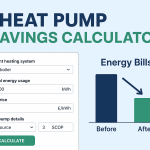
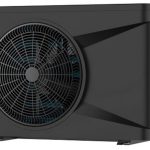
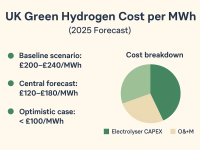
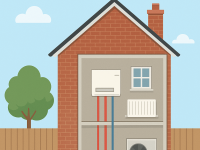

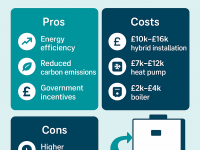
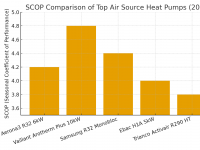
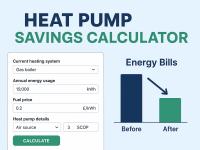
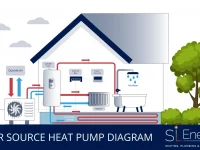
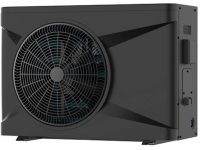

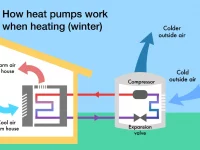
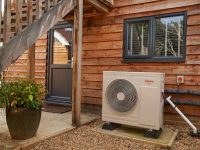

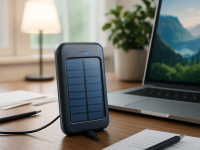
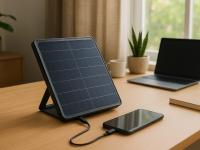

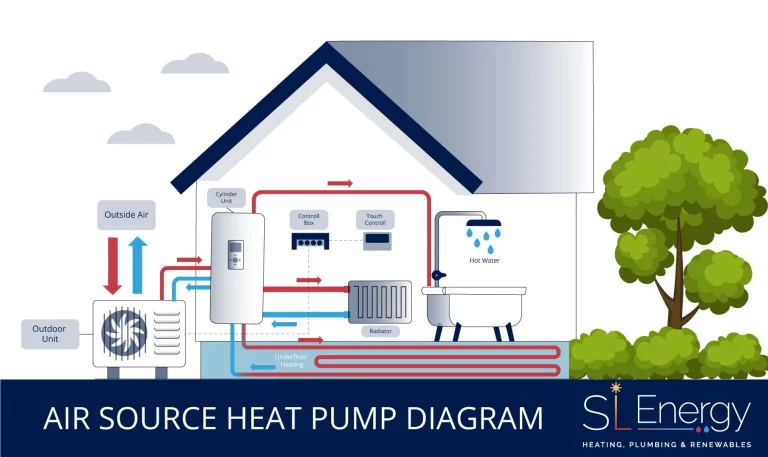
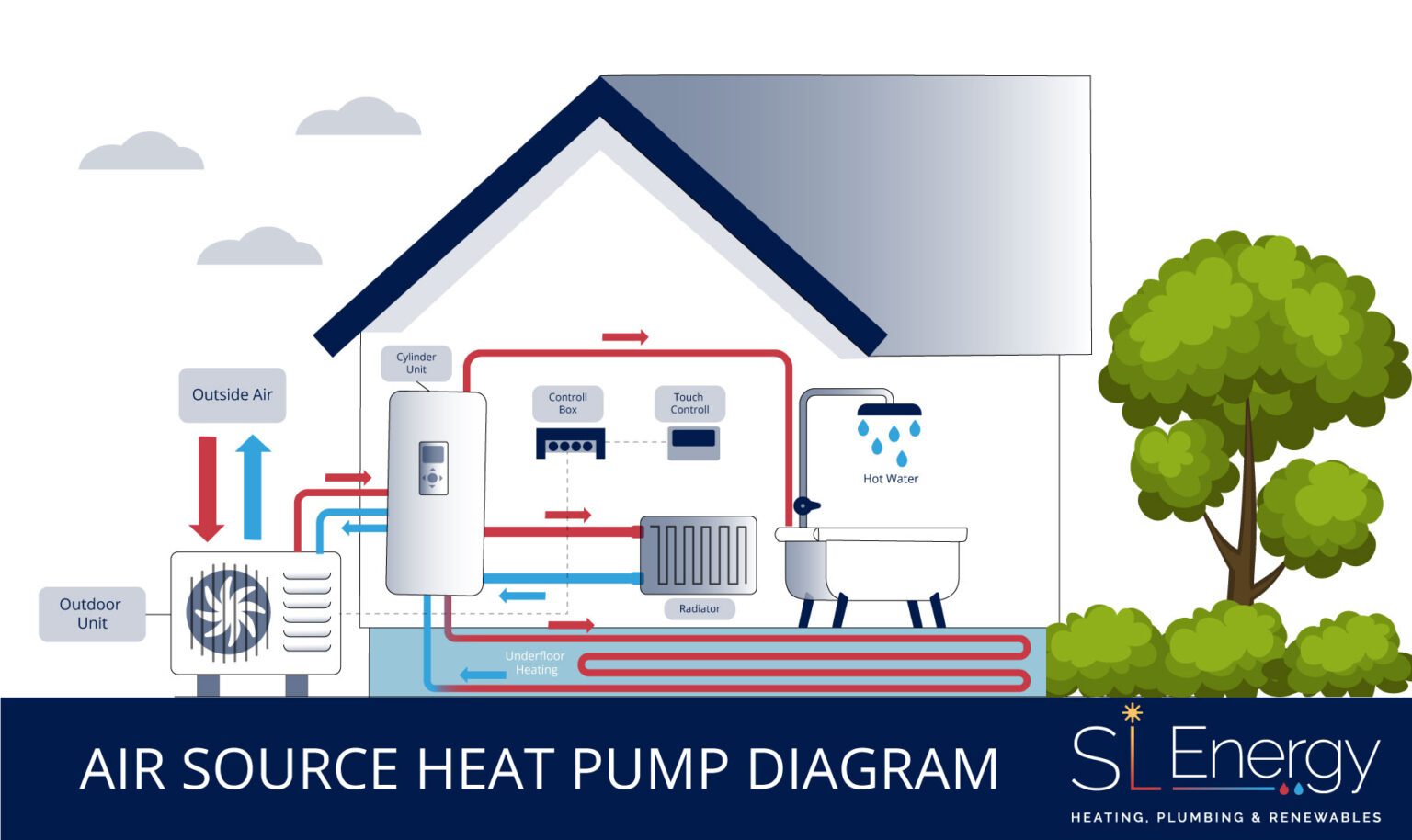
0 Comments